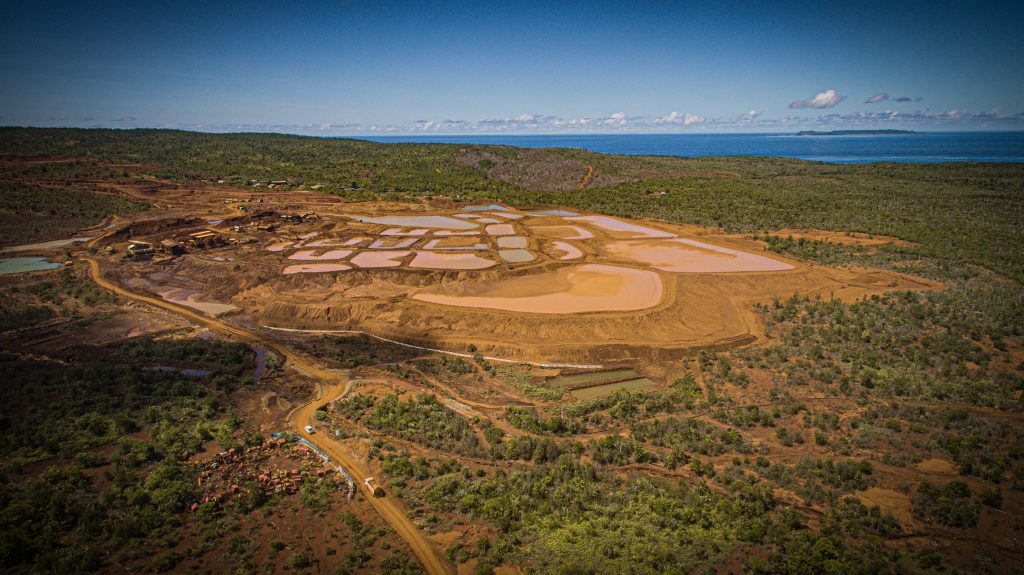
A Catholic bishop in the central Philippine province of Easter Samar has expressed his dismay over the lifting of a moratorium on new mining projects in the country amid the pandemic.
Bishop Crispin Varquez of Borongan said the lifting of the moratorium will only allow the exploitation of “our already much-wounded land.”
In a pastoral letter released on April 26, the prelate said allowing more mining operations in the country could prove disastrous on top of the prevailing pandemic.
“New mining operations will only worsen our environmental crisis on top of this health pandemic,” said Bishop Varquez.
“We call on President Rodrigo Duterte to issue again an executive order for a mining moratorium in the Philippines,” said the bishop.
Duterte lifted the moratorium on new mining deals to boost state revenue and prop up the economy during the pandemic.
The decision ended the policy imposed in 2012 by Duterte’s predecessor, Benigno Aquino, following public clamor over a spate of mining accidents.
Bishop Varquez said the lifting of the moratorium did not go through a “dialogue for the common good” among stakeholders.
The province of Eastern Samar hosts chromite and nickel mining operations, including on the historic island of Homonhon in Guiuan town.
Last month, the parish priest of Homonhon appealed to the government to stop the mining operations on the island.
Father Christian Ofilan said the mining activity on the island has desecrated the place where Portuguese explorer Ferdinand Magellan first set foot 500 years ago.
“Our ancestors consider our island as sacred and blessed. But what have we done after 500 years? We have desecrated it. We lost its sacredness because of our being irresponsible,” said the priest.
Duterte led the unveiling on the island of the quincentennial marker of the world’s first circumnavigation led by Magellan and Juan Sebastian Elcano on March 17, 1521.
Homonhon is rich in mineral deposits like nickel and chromite, enticing miners to operate on the island.
Reports also said efforts have been made to revive the nickel mining operation on Manicani Island, also in Guiuan town, that the government closed in 2002.
“Our local experience provides enough evidence (against mining),” said Bishop Varquez.
He said people may be temporarily employed or will benefit from the operation of mines, “but the long-term consequence of a devastated landscape is also incalculable and irreversible.”
Source: Licas Philippines
0 Comments